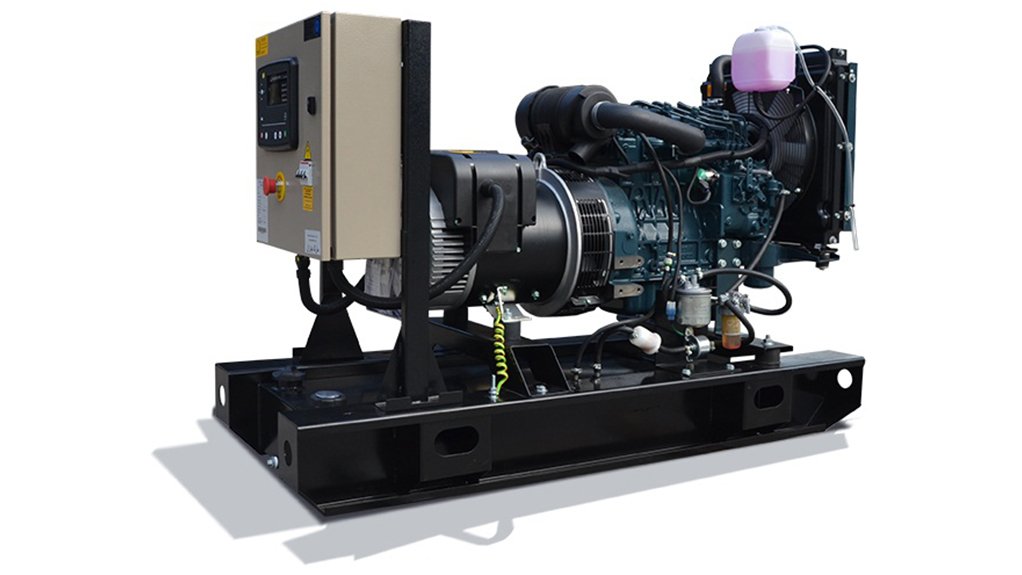Generators will always be an option as long as standby power is needed in South Africa, says generator importer and distributor Smith Power Equipmentnational product and sales specialist Michele Cicognani.
While companies are becoming more aware of alternative standby power options, owing to the global call to reduce carbon emissions to combat climate change, demand for generators is as high as ever in South Africa, he stresses.
Load-shedding and the inability of companies to secure a constant power supply are keeping demand high, as are the low stock levels and significant lead times owing to Covid-19.
However, with South Africa’s carbon tax increasing the cost of fossil-fuel-driven generator sets, Cicognani notes that, while sales have been hindered, customers still do not have many viable options to choose from locally other than generators.
“Our customers will at some point be forced to reduce their carbon footprint by investing in alternative solutions, such as solar power and inverters, but their standby service still needs to be concrete and reliable,” he advances, adding that generators are still a cheaper option and offer greater reliability.
When installing generators, Smith Power Equipment can connect 10%, 50% or 75% of a company’s operation to its backup generators, depending on its requirements, to keep operating and ownership costs low – especially amid more frequent load-shedding and the increasing cost of fuel. The company also assists in compliance with environmental standards specified by its customers.
Ease of maintenance is also a demand driver, owing to the experience technicians have in servicing the technology.
However, this too, will change when companies become educated about the technological advancement of generators, whereby services are performed using a laptop rather than a toolbox, says Cicognani.
Before buying generators, he advises that companies do load tests with their supplier or electrician to ensure that the correct size generator is being procured.
“Incorrect sizing is the most common mistake made by companies when buying a generator. “This could cause a company’s power needs to be undersupplied, or worse, result in the glazing of the generator if the load is too low because the generator is too large.”
Glazing happens when hot combustion gases blow past piston rings and, ultimately, flash bake the oil on the cylinder wall, creating an enamel-like glaze.
Edited by: Zandile Mavuso
Creamer Media Senior Deputy Editor: Features
EMAIL THIS ARTICLE SAVE THIS ARTICLE
ARTICLE ENQUIRY
To subscribe email subscriptions@creamermedia.co.za or click here
To advertise email advertising@creamermedia.co.za or click here













